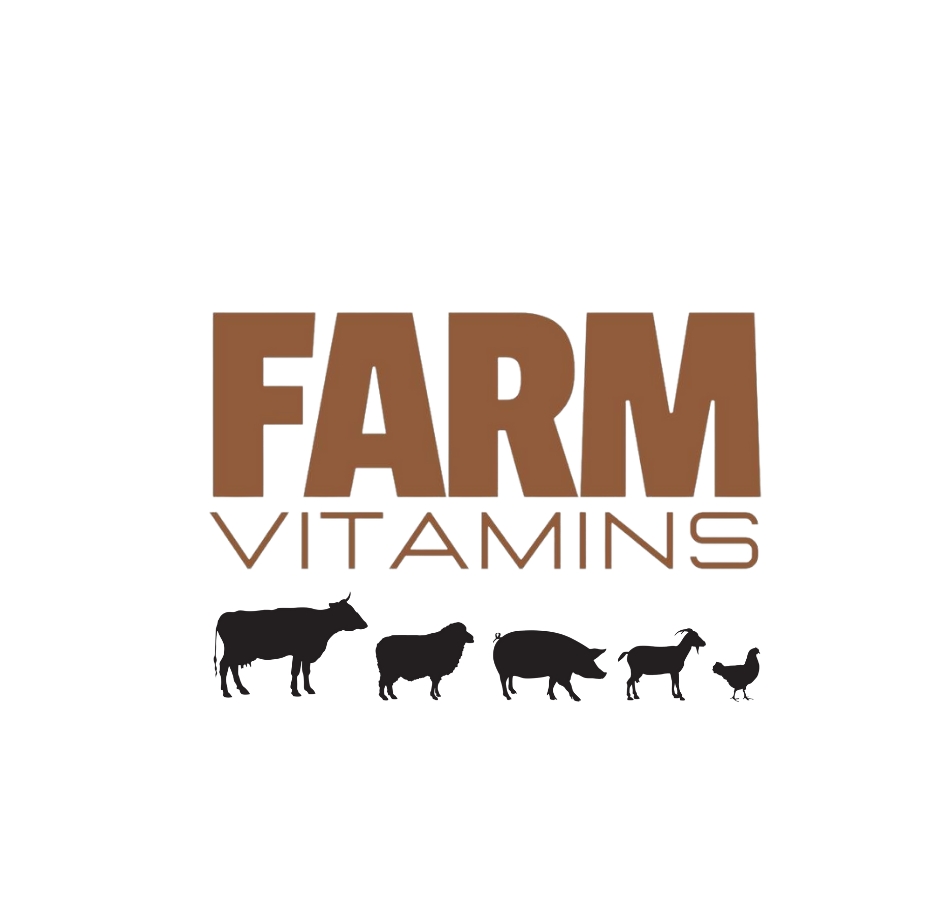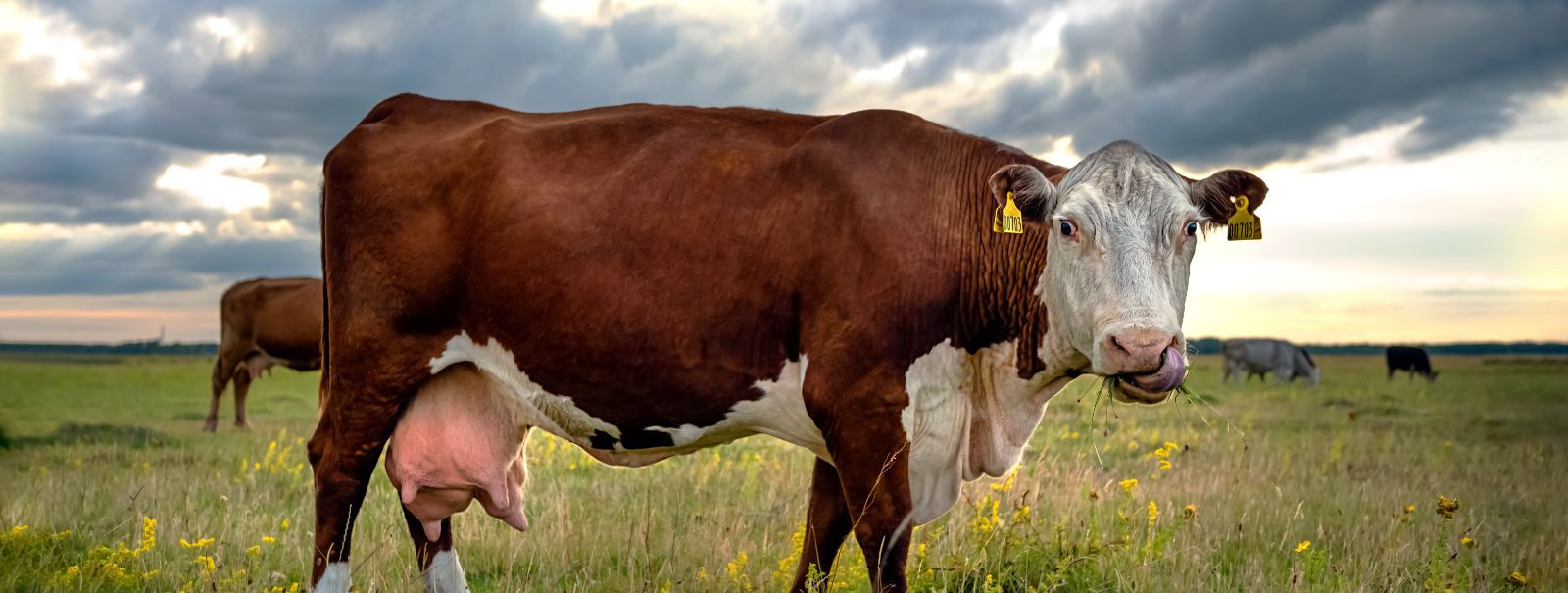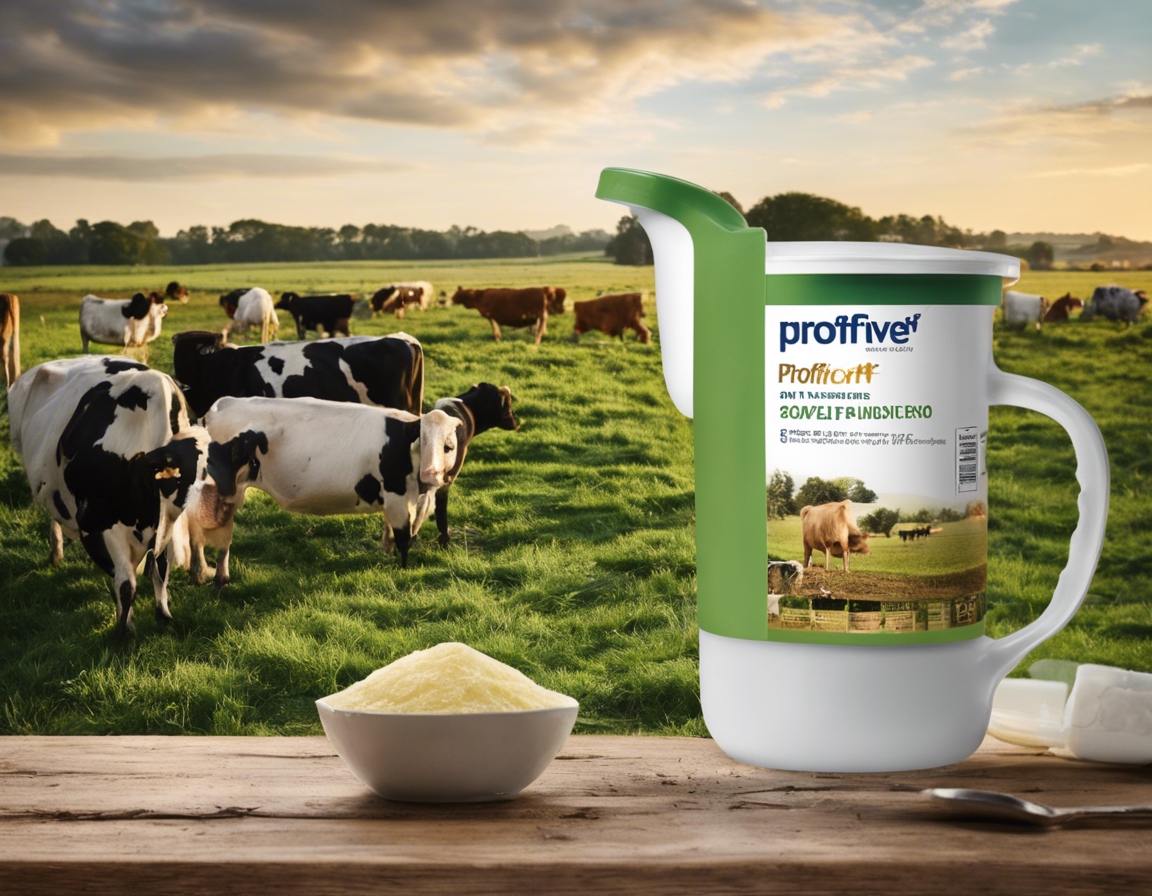The role of electrolytes in livestock nutrition
Electrolytes are minerals in the body that carry an electric charge. They are essential for maintaining the balance of fluids in the body's cells and are crucial for various physiological processes, including nerve function and muscle contraction. In livestock, electrolytes are just as vital as they are in humans for maintaining health and supporting growth and productivity.
For livestock, electrolytes are integral to hydration, digestion, and overall metabolic functions. They help regulate pH levels, move nutrients into cells, and waste products out of cells. A proper balance of electrolytes is necessary for optimal animal health and performance, particularly in environments that challenge their homeostasis, such as extreme temperatures or high levels of physical activity.
Key Electrolytes and Their Functions
Sodium is crucial for fluid balance, nerve function, and muscle contractions. It's often provided in livestock diets through salt supplementation.
Potassium is vital for muscle function, heart health, and maintaining fluid balance within cells. It is commonly found in forages and grains.
Chloride works closely with sodium to help control the body's acid-base balance and move fluids in and out of cells. It is also a component of gastric acid, essential for digestion.
Calcium is necessary for bone development, muscle function, and blood clotting. It is particularly important for laying hens and growing animals.
Magnesium plays a role in nerve transmission, muscle contraction, and is a cofactor in numerous enzyme systems. It is also important for ruminants' ability to utilize forages.
Phosphorus is involved in energy metabolism and is a key component of bones and teeth. It must be carefully balanced with calcium, especially in growing animals.
Electrolyte Imbalances in Livestock
Imbalances can occur due to inadequate intake, excessive losses through sweat or diarrhea, or an inability to absorb electrolytes. Dietary deficiencies, diseases, and environmental stressors can all contribute to imbalances.
Common signs include lethargy, weakness, decreased appetite, and changes in drinking behavior. Severe imbalances can lead to muscle cramps, seizures, and even death.
Preventing electrolyte imbalances involves providing a balanced diet, ensuring access to clean water, and monitoring for signs of illness. Treatment for imbalances may include oral or intravenous electrolyte solutions.
Supplementing Electrolytes for Optimal Health
Supplementation may be necessary during periods of high stress, illness, or when animals are exposed to extreme temperatures. It is also important during stages of rapid growth or high production.
It's essential to choose supplements that are specifically formulated for livestock and provide a balanced ratio of the necessary electrolytes. FARM VITAMINS OÜ offers a range of high-quality electrolyte supplements tailored to the needs of your livestock.
Best practices include following the manufacturer's guidelines for dosage, considering the specific needs of the animal based on their stage of life or production, and consulting with a veterinarian or animal nutritionist.
Electrolytes in Different Life Stages and Conditions
Young animals, especially those experiencing rapid growth, require a careful balance of electrolytes to support their development.
During periods of stress, such as weaning, transportation, or illness, electrolyte supplementation can help support an animal's immune response and recovery.
Lactating animals have increased electrolyte needs to support milk production. Ensuring an adequate supply can help maintain milk quality and animal health.






Comments (0)